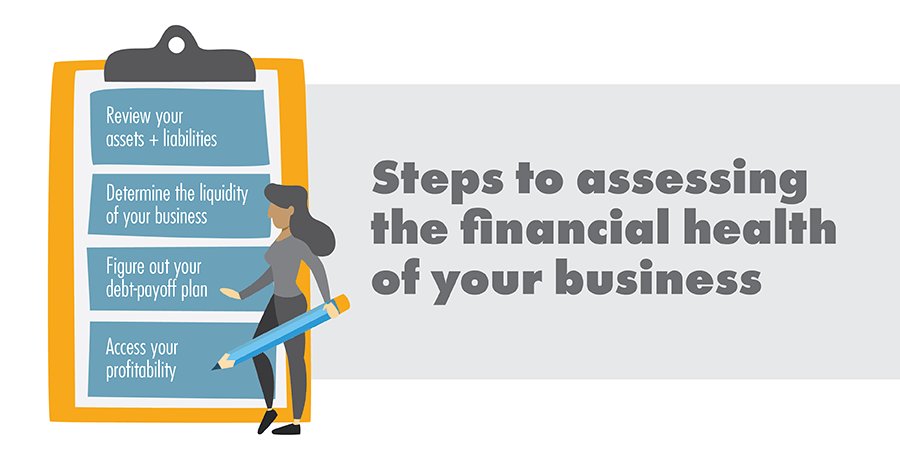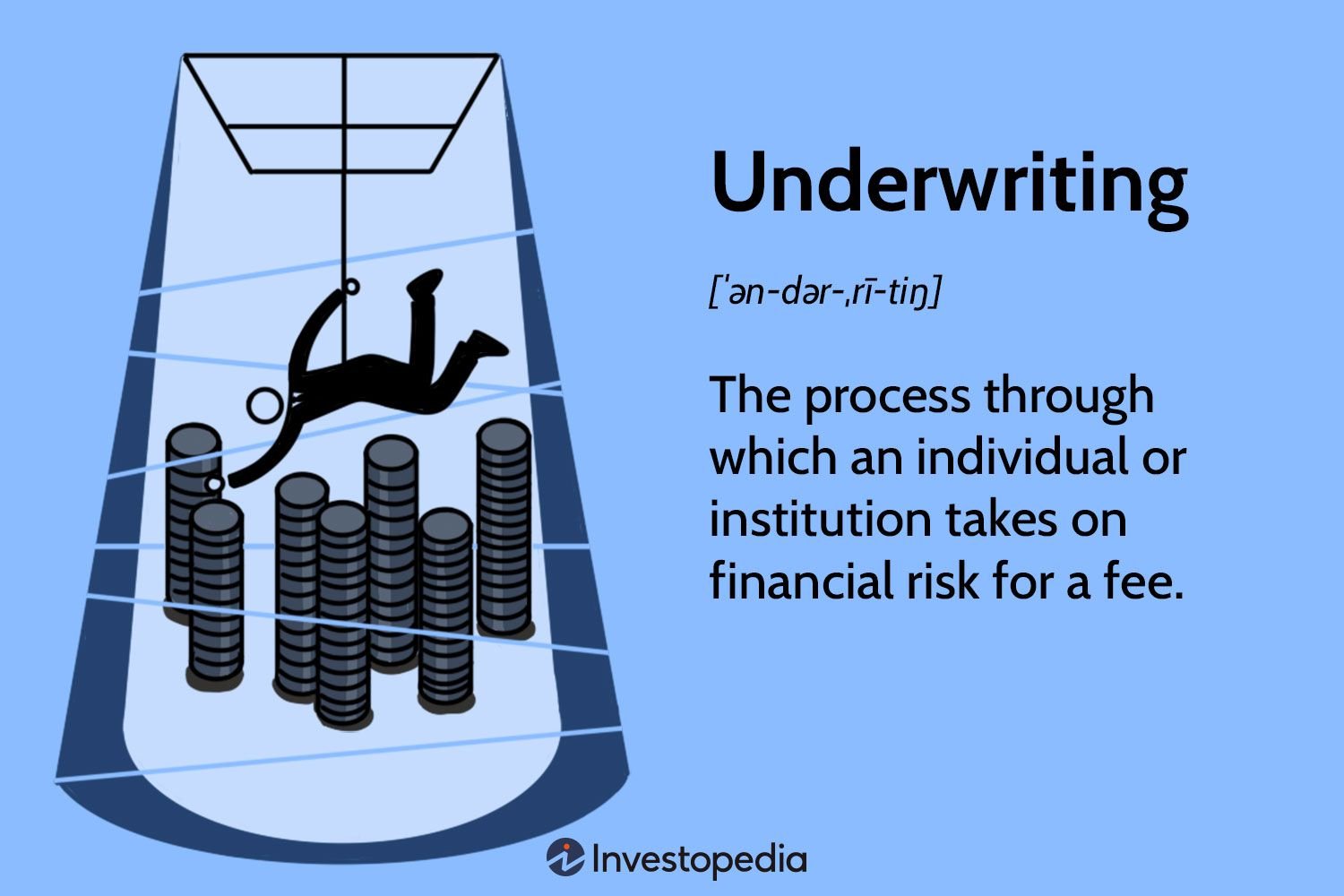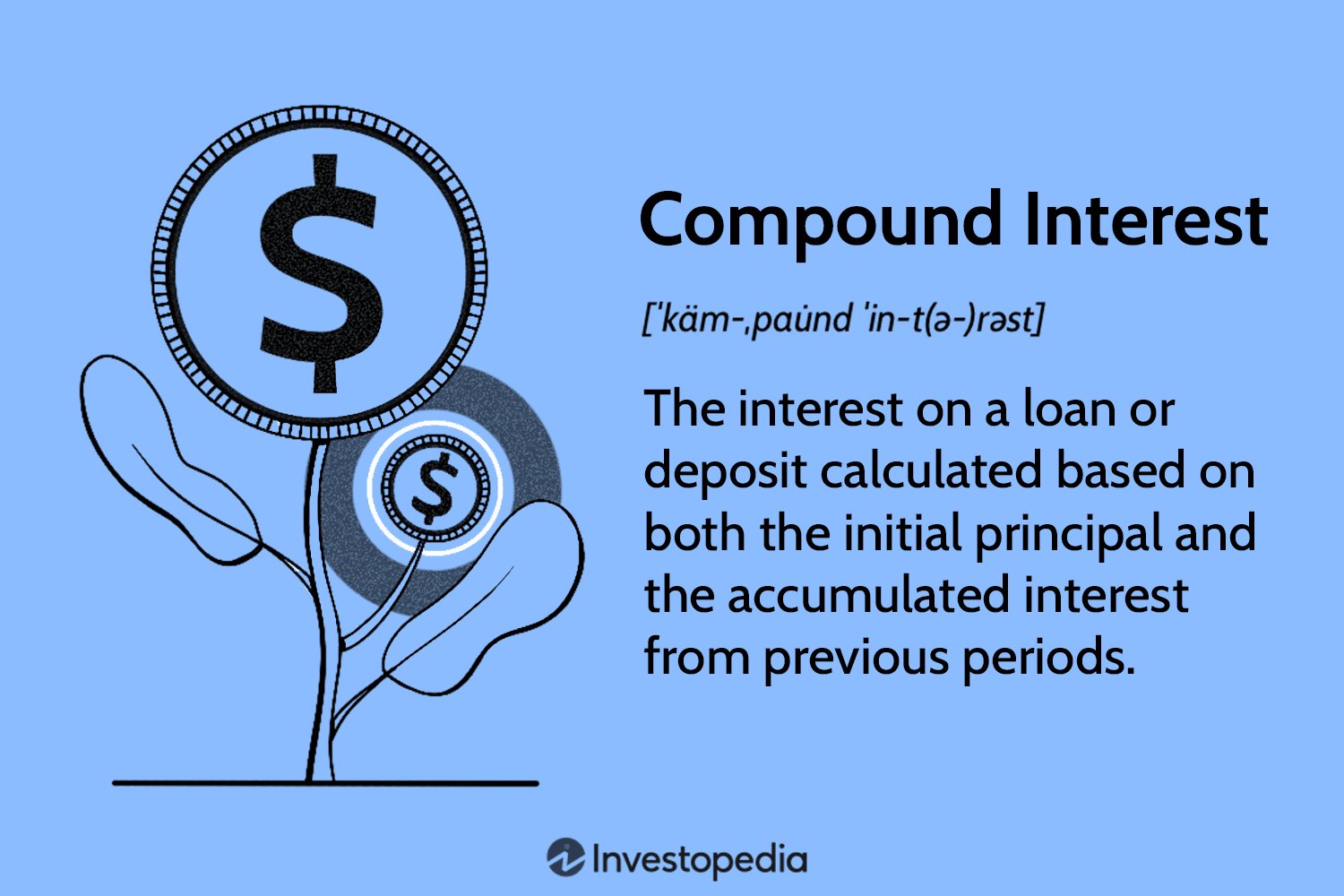Are you dreaming of embarking on a gap year but worried about the financial implications? Well, fret not! In this blog article, we will guide you on how to financially navigate a gap year without breaking the bank. Whether you’re planning to explore exotic destinations, gain new experiences, or simply take a break from the rigors of daily life, we’ve got you covered. From budgeting tips to income-generating ideas, we’ll help you make the most of your gap year adventure. So, if you’re eager to discover how to financially navigate a gap year, read on!
How to Financially Navigate a Gap Year
Taking a gap year can be an incredible opportunity for personal growth, self-discovery, and gaining valuable life experiences. However, planning and financing a gap year can be a daunting task. In this article, we will explore various ways to financially navigate a gap year, ensuring that you can enjoy your time off without breaking the bank.
Create a Budget
One of the first steps in financially navigating a gap year is creating a comprehensive budget. A budget allows you to track your income, expenses, and savings throughout your gap year. Here’s how to create a budget that works for you:
- Start by listing your sources of income. This can include savings, part-time work, investments, or financial support from family.
- Next, make a list of all the expenses you anticipate during your gap year. This can include accommodation, transportation, food, entertainment, visas, travel insurance, and any other costs specific to your plans.
- Assign estimated costs to each expense category. Research the average costs of accommodation, transportation, and other necessities in the countries or regions you plan to visit.
- Track your actual expenses throughout your gap year and make adjustments if necessary.
Save Money in Advance
Saving money before your gap year can provide you with a financial cushion and greater flexibility during your time off. Here are some strategies to help you save money in advance:
- Set a specific savings goal and timeline. Determine how much money you need to save to comfortably support yourself during your gap year and set a target date for reaching that goal.
- Reduce unnecessary expenses. Cut back on non-essential purchases and subscriptions. Consider downsizing your living arrangements or finding a roommate to save on rent.
- Find ways to earn extra income. Take on a part-time job or freelancing gigs to boost your savings. Explore online platforms where you can sell items you no longer need.
- Automate your savings. Set up automatic transfers from your income to a dedicated savings account. This will make it easier to stick to your savings plan.
- Take advantage of discounts and deals. Look for student discounts, travel packages, and free or low-cost activities at your destinations.
Research Affordable Destinations
Choosing affordable destinations for your gap year can significantly impact your overall expenses. While some countries may have a higher cost of living, others offer more budget-friendly options. Here are a few tips for researching affordable destinations:
- Consider countries with a lower cost of living. Southeast Asian countries like Thailand, Vietnam, or Indonesia are often favored by budget travelers.
- Look for countries with favorable exchange rates. A weaker currency can stretch your budget further.
- Research visa requirements and costs. Some countries offer longer visa durations or visa-free access, which can save you money on visa fees.
- Explore off-the-beaten-path destinations. Popular tourist destinations tend to be more expensive. Opting for lesser-known locations can provide unique experiences at a lower cost.
Explore Work Exchange Programs
Work exchange programs offer an excellent opportunity to financially support your gap year while immersing yourself in a new culture. These programs typically involve volunteering in exchange for accommodation and sometimes meals. Here’s how you can benefit from work exchange programs:
- Research reputable work exchange platforms or organizations. Websites like Workaway, HelpX, and WWOOF connect travelers with hosts offering work opportunities.
- Read reviews and testimonials from previous participants to ensure the credibility and safety of the program.
- Choose work exchange opportunities aligned with your interests and skills. This can range from farm work and teaching to hospitality or eco-projects.
- Plan and communicate with your host in advance, discussing expectations and responsibilities. This helps ensure a mutually beneficial experience.
Consider Remote Work or Freelancing
In today’s digital age, remote work and freelancing have become increasingly popular. If you have skills that can be performed remotely, consider working while on your gap year. Here are some remote work and freelancing options to explore:
- Online tutoring or teaching: Platforms like VIPKid or iTalki allow you to teach English or other subjects online.
- Freelance writing or graphic design: If you have writing or design skills, you can offer your services on freelance platforms such as Upwork or Fiverr.
- Virtual assistant or administrative tasks: Many companies hire remote virtual assistants for various administrative tasks.
- Remote customer service: Certain companies hire remote customer service representatives to assist customers via phone or online chat.
Take Advantage of Travel Rewards and Loyalty Programs
Travel rewards and loyalty programs can be valuable assets when financially navigating a gap year. By signing up for these programs, you can accumulate points, miles, and discounts, which can help offset travel costs. Consider these tips to make the most of travel rewards and loyalty programs:
- Sign up for airline and hotel loyalty programs. Accumulate points by staying at partner hotels or booking flights with affiliated airlines.
- Use a travel rewards credit card to earn points on everyday purchases. Research cards that offer bonus points or miles for travel-related expenses.
- Take advantage of special promotions and bonus point opportunities offered by loyalty programs.
- Monitor your points and miles balance regularly to ensure they don’t expire.
Manage your Expenses Wisely
While on your gap year, it’s crucial to manage your expenses wisely to make your funds last longer. Here are a few strategies to help you stay within your budget:
- Create a daily or weekly spending limit and track your expenses to ensure you stay on track.
- Prepare your own meals whenever possible. Eating out can quickly add up, so consider shopping at local markets and cooking in hostel kitchens.
- Use public transportation or walk instead of relying on taxis or ride-sharing services.
- Research free or low-cost activities at your destinations. Many cities offer free walking tours, museums with discounted admission days, or outdoor attractions.
- Travel in a group or find travel buddies to split costs like accommodation and transportation.
By implementing these strategies, you can better navigate the financial aspects of your gap year. Remember, a well-planned and budgeted gap year will allow you to fully embrace the experience without unnecessary financial stress. Safe travels and enjoy your time off!
Gap Year Information Session
Frequently Asked Questions
Frequently Asked Questions (FAQs)
How can I financially navigate a gap year?
Financially navigating a gap year may seem challenging, but with proper planning and budgeting, it can be manageable. Here are some tips to help you financially navigate your gap year:
What steps should I take before embarking on a gap year financially?
Prior to your gap year, it is important to take the following steps to ensure your financial well-being:
How can I save money for my gap year?
Saving money for your gap year can be done through various approaches. Here are some strategies to help you save:
What are some ways to budget effectively during a gap year?
Creating and sticking to a budget is crucial for effectively managing your finances during a gap year. Consider the following tips to budget effectively:
Are there any income opportunities available during a gap year?
Yes, there are several income opportunities you can explore during your gap year. Here are some options to consider:
How can I reduce my expenses while on a gap year?
Reducing your expenses can help stretch your budget and make your gap year more affordable. Follow these tips to cut down on costs:
Is it advisable to work part-time during a gap year to supplement my finances?
Working part-time during your gap year can be a great way to supplement your finances. Here are some reasons why it can be advisable:
What should I do if I encounter financial difficulties during my gap year?
If you face financial difficulties during your gap year, there are steps you can take to overcome them:
Final Thoughts
In conclusion, financially navigating a gap year requires careful planning and strategic decision-making. Start by setting clear goals for your gap year and estimating the expenses involved. Create a budget that includes both fixed costs, such as travel and accommodation, as well as variable expenses like food and entertainment. Research and take advantage of various funding opportunities, such as scholarships, grants, and part-time work. Explore options like volunteering or working abroad to gain valuable experiences while offsetting costs. Keep track of your spending and adjust your budget as needed to stay on track. By following these steps and adopting a proactive approach, you can effectively manage your finances during your gap year.



